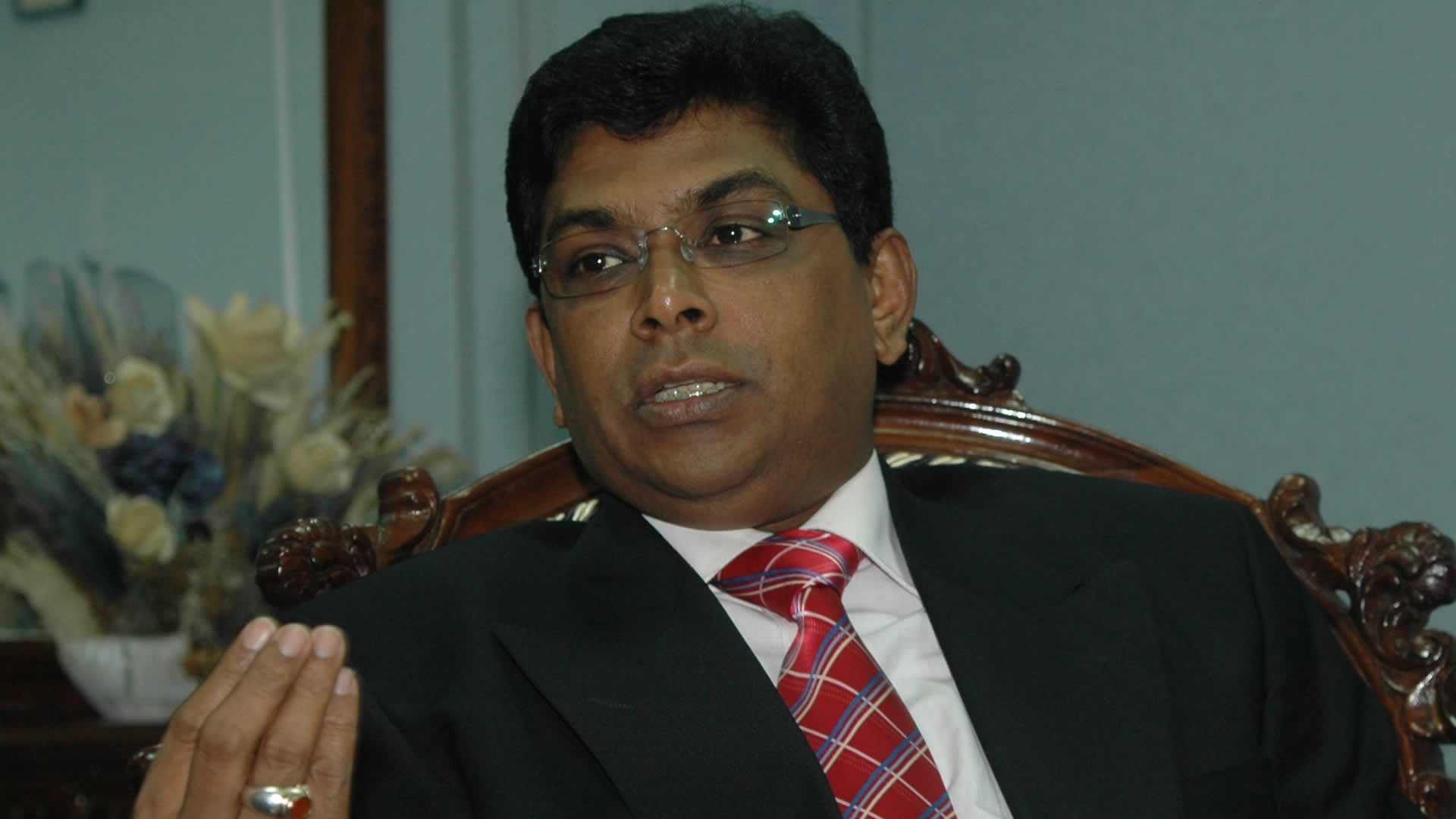
Former Minister and an expert in finance as well as in taxation, Asraf Dulull, in an interview this week, provides an analysis of the offshore sector following the sensational disclosure of the Paradise Papers in the media. He described the main features of a tax haven and gives reasons as to why people tend to evade tax. He also states that Mauritius is a clean and transparent jurisdiction.
I would say Mauritian companies and high income earners are not tempted to evade tax.
After the Panama Leaks, now the Paradise Papers have emerged, which again target Mauritius as a tax haven country. Was it expected to find Mauritius in the list?
Actually, the Paradise Papers were expected to be released because the entire link started with Appleby. Our stakeholders did expect Mauritius to be included in the Paradise Papers. However, Mauritius being included does not per se imply any wrong doing in our offshore sector. Mauritius is known to be a jurisdiction in good standing and a transparent one.
As the Paradise Papers narrative unfolds, what is the most important thing everyone should understand about tax havens?
There is no worldwide accepted definition for tax haven. It is a jurisdiction characterized by some features namely, low tax rates or no tax rate at all, protection of financial information and not enough or lack of transparency. These jurisdictions are classified as tax havens. Tax havens can be categorised into primary tax haven, semi tax haven and conduit tax haven. Primary tax is where financial capital winds up, where there is profit shifting and it is called the popular tax haven. Semi-tax haven is where there are free trade zones and territorial - only taxation or similar attractive features. Conduit tax haven is used as a channel to maximise tax benefits. It is mostly used by the corporate world.
But what are the main reasons people resort to tax evasion?
We have to draw the line between tax evasion and tax avoidance. Tax evasion is illegal, unethical and immoral because you are involved in a criminal activity by getting into fraudulent practice not to meet the legal obligations whereas tax avoidance is meeting your legal obligations in a smart way by using the prevailing legislation to minimize the tax incidence. Tax evasion is an illegal practice and is punishable by law whereas tax avoidance is done through skilful tax planning and is not a fraudulent activity. So the reason behind why people get into tax evasion is because they do not want to fulfil their legal obligations but want to maximize their net revenue. However, they are also taking a very high risk. Some people are willing to take this risk.
How big is the problem of offshore assets?
The problem of offshore assets is of a sizeable nature because with the advance of technology, management of assets globally is within the tip of the fingers. So, people are encouraged to move asset offshore because management and control can be achieved on timely and reliable basis. In addition, with a better return.
What is the amount of money are we talking about?
Well, the amount of offshore asset, like I said before, is quite substantial. If we look at the banking sector, it would be around 8%-10% of the banking activities that are being carried offshore. When we look at the global distribution of the net financial assets, the offshore sector represents nearly 35% of the total liquid net worth, which means we are talking of more than 20 trillion USD.
How much does this vary across countries?
I would rather say across continents. There are variations across Europe, Africa and Asia. Research conducted on the African continent confirms that Mauritius is the leading offshore jurisdiction among African countries.
Do you believe that rich people are taming the offshore finance?
The offshore sector was initially the playground of the high net worth individual and today, it is the platform of large corporations, multinationals and high net worth individuals. The offshore finance with the globalisation of the world economy and advancement of technology are making offshore transaction more and more attractive. It is not only for the rich people but also for large corporations who are keen to reap the benefits of offshore sector.
Is tax evasion illegal or unethical?
Tax evasion is illegal nor unethical but highly immoral.
Are Mauritian companies and high income earners tempted to evade tax?
I would say Mauritian companies and high income earners are not tempted to evade tax because the cost of evasion is higher than the cost of compliance. We have 15% tax rate in Mauritius and with this tax rate amount, it is not worth taking the risk to evade tax. However, this does not preclude people and corporations as well as people to be involved in tax avoidance schemes.
The European Commission has called for swift action on tax evasion including a blacklist on tax havens. Can Mauritius be affected by this measure if implemented?
Mauritius is known to be a clean and transparent jurisdiction. We have signed many agreements and complied with the requirement of the major world organisations such as OECD, Transparency International and others. We have implemented the CRS Common Reporting Standard. However, the offshore sector is exposed to a certain degree of risk by its nature. Screening of clients is done in a very professional manner. But there are circumstances which may happen later and the profile gets changed. There is need for an update and continuous screening systems of clients so that when a profile of a person changes, that person is flagged. Mauritius is not in the blacklist because it does not promote in any way “tax or financial delinquency.” Successive governments have made it a priority on their agenda for our offshore sector to be as crystal clear as our sea.
 J'aime
J'aime














